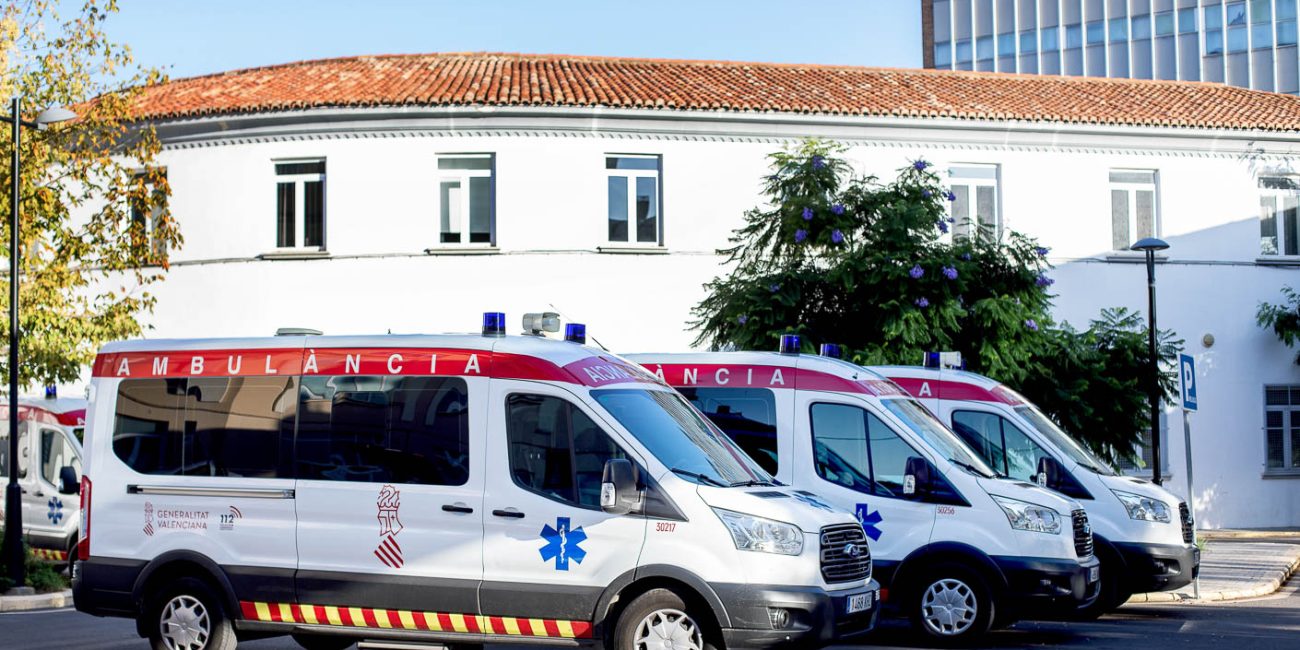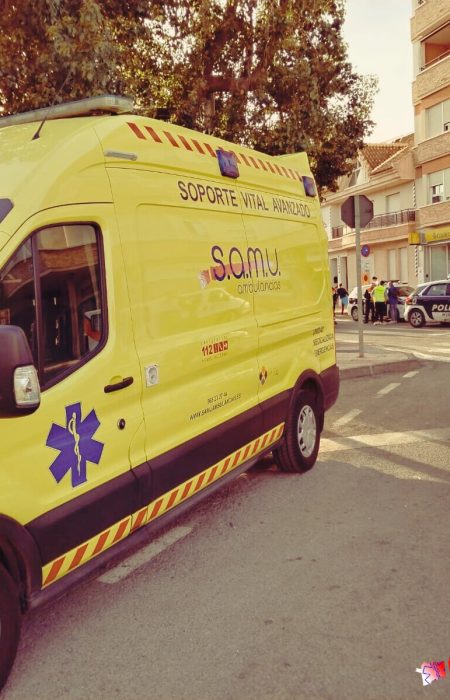The Ministry of Health has boosted the health transport fleet by adding 40 additional ambulances and extending the operating hours of 7 SVB units, with the goal of enhancing response capacity in health crises.
36 new unassisted transport units (TNA), 1 basic life support (SVB) in Peñíscola, and 3 SAMU units are being added. The latter will be operational three months a year to reinforce the three provinces during the summer months and on specific dates when there is a greater influx of population, such as the Fallas, Magdalena, or Sant Joan festivals.
In terms of health transport activity in the Valencian Community over the last year, there were 1,411,777 mobilisations by non-urgent transport units and 388,053 departures by urgent transport and emergency care ambulances. In this regard, non-urgent activity climbed by about 7% in 2019, whereas emergency response transport increased by almost 21%.
As a result, the Ministry of Health has decided to reinforce the health transport service in the Valencian Community by increasing the ambulance fleet, a measure that will cost about 7 million euros.
This method attempts to improve the efficiency of available resources while also ensuring proper treatment for the public in scheduled and urgent health transport.
Strengthening healthcare transportation
Health has extended the operating hours of SVB ambulances from 12 to 24 hours, with logistics bases in Cullera, Alaquàs, Castelló de Rugat, Monòver, Callosa de Segura, and Guardamar del Segura, in addition to the new unit in Peñíscola, which has been operational since the summer.
It should be emphasised that 40% of the basic life support units’ work consists of responding to health emergencies, while 55% responds to urgent health transport of the most critical sort. Thus, the remaining 5% are interhospital transfers. Over the last year, these units provided an average of 754 daily services in the Valencian Community.
In contrast, 15 of the 36 new ambulances for unsupported transport are intended to strengthen emergency care. Since September, 6 new ambulances have been functioning in Valencia, Villar del Arzobispo, Alzira, Riba-roja de Túria, Torrent, Xàtiva, Alicante, Dénia, and Orihuela. Vinaròs/Benicarló, Segorbe, Sagunto, Gandia, Benidorm, and Torrevieja are the remaining 9 units that were integrated in July.
The remaining 21 ambulances are non-urgent transport units that have strengthened the areas of the health departments of Vinaròs, Hospital General de Castellón, La Plana, Sagunto, La Fe, General de Valencia, La Ribera, Gandia, Dénia, Xàtiva, Alcoy, Sant Joan, Elda, Orihuela, Torrevieja, Manises, and Elche-Crevillent. Finally, in the Department of Alicante, a non-urgent transport unit’s operating hours have been increased from 8 to 12 hours.









No Comment! Be the first one.